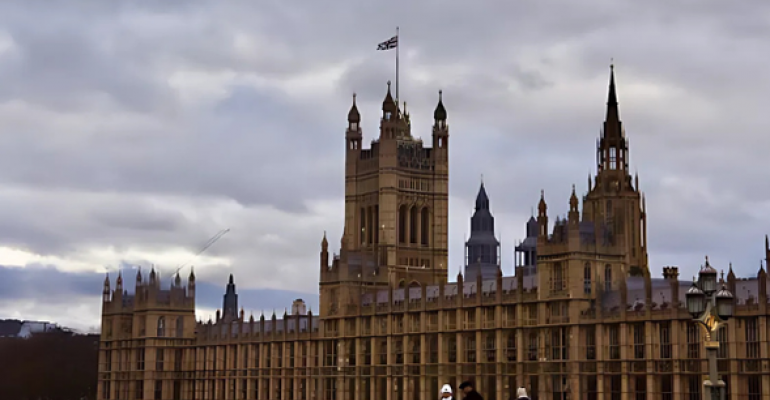
Praying for the Election
This is true in Christian apologetics, where one of the biggest western ‘defeater beliefs’ is the problem of suffering – a problem that doesn’t seem to be nearly such an obstacle to faith in societies with a greater lived experience of suffering. It is also true in politics, with those societies that enjoy the greatest degree of personal liberty and economic prosperity being the most consumed with an existential sense of victimhood and hardship.
With a general election two weeks away these societal trends are not insignificant in how we pray. That we should pray for and into the election is clear. Not only 1 Timothy 2:1-4 but the scriptural story as a whole teaches us to pray for those in authority and to act as good citizens. But how do we pray? Soon we will be in the year 2020 and as this election approaches we need some 2020 vision because so often our prayers are myopic. So here are some suggestions for praying with clarity.
Be Thankful for Our Material Blessings
Inevitably elections are framed by appeals to dissatisfaction. Like advertisers, politicians succeed by making us aware of our lacks. The more dissatisfied they can make us the more they can sell themselves as the solution to our woes. The problem with this approach is it feeds an irrational dissatisfaction – just as it is irrational to feel dissatisfied if your phone is a couple of models out of date.
The reality is that from the standpoint of human security, liberty and comfort there has never been a better time to be alive than the western world in our era. All the statistics demonstrate this.
Yes, we have many social problems in the UK. Those who do the job I do live with the daily reality of brokenness in people’s lives: in physical health, mental health, relational health and spiritual health. But the degree of social care available to us is extraordinary by any historic measure. Whichever Party ends up in power after December 12 the resources being put into healthcare and education will be huge. (At present social protection, health and education are the three largest areas of government expenditure, consuming 63% of government spend.)
We should be thankful for this – as we can be thankful for the fact that the top 1% of earners in the UK contribute nearly 30% of income tax paid and thereby support the rest of us, and that we are not at war, that we do not experience famine, that women only very rarely die in labour, for central heating and anaesthetics and global supply chains, and on and on. So let’s spend at least as much time expressing gratitude for the blessings we enjoy as lamenting the wrongs we endure.
Be Broad in Lament
When it comes to lament we all tend to have our own personal areas of concern. Progressives fixate on climate change and social inequality; traditionalists about divorce rates. As Christians we should be able to see a broad range of issues and lament all that do not accord with the kingdom of God. This means we should be able to lament both antisemitism and the sexual brokenness of our society (that the leaders of both main parties are serial adulterers is merely a symptom of the latter); it means we should be concerned about economic justice and that 200,000 babies are aborted each year in the UK.
This breadth of concerns may well mean that there is no one Party which we feel entirely comfortable offering our vote to – but what else would we expect when we are called to live as exiles in the earth (1 Peter 1:1)?
Be Generous to Politicians
The depth of cynicism and opprobrium heaped on politicians is not a positive characteristic of our age. Yes, politicians can be venal, selfish and sinful – as is the case with all human beings. But it does not commend us when we join in the cultural norm of calling down a curse on all their houses. As forgiven-sinners who have experienced the generosity of God we should at least begin with the assumption that those who commit themselves to political life have some good and positive motivation for doing so. It is much easier to pray for people to whom we extend generosity than for those we despise. And if that seems an impossible thing to ask we should remember the instructions of Jesus to ‘love your enemies and pray for those who persecute you’ (Matthew 5:44).
Remember Who We Are
Christians sit in the remarkable space of having both a God-given concern for the world and a God-promised hope of a kingdom that will not be shaken. This means we can plunge headlong into political issues and rise above mere politics. What happens on December 12 is really important – but it is not ultimate. We can vote, and we can pray. Let’s do both.